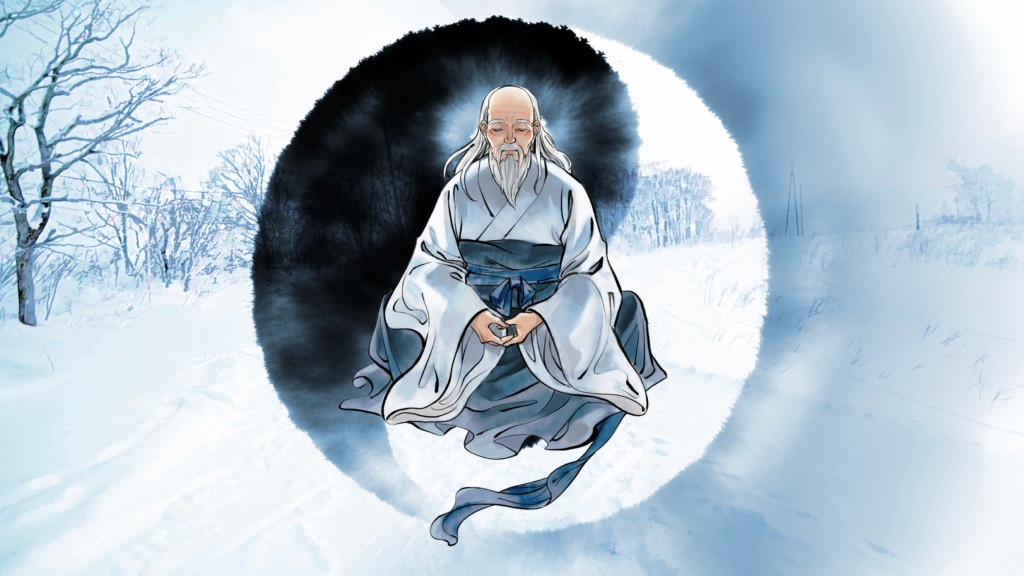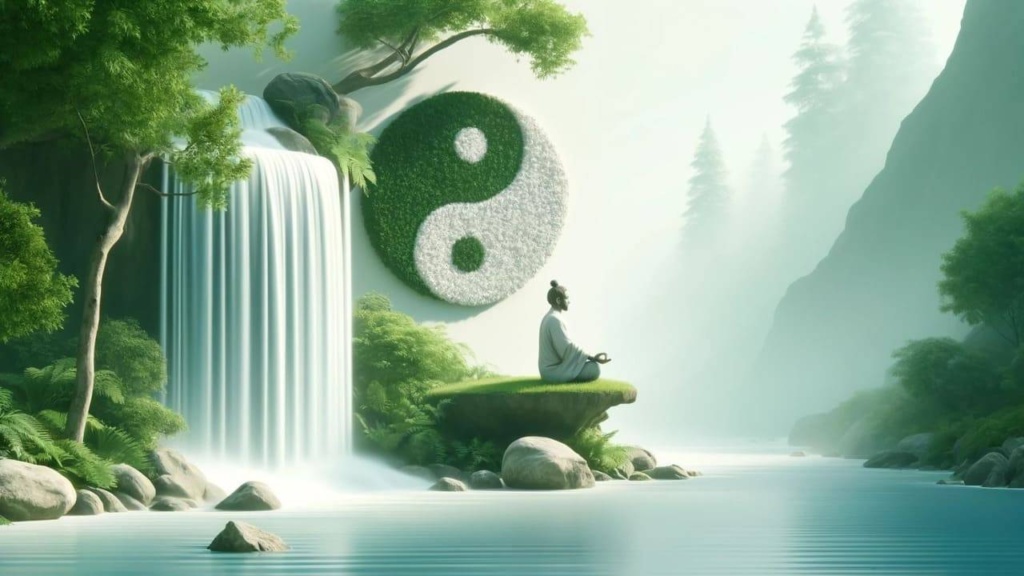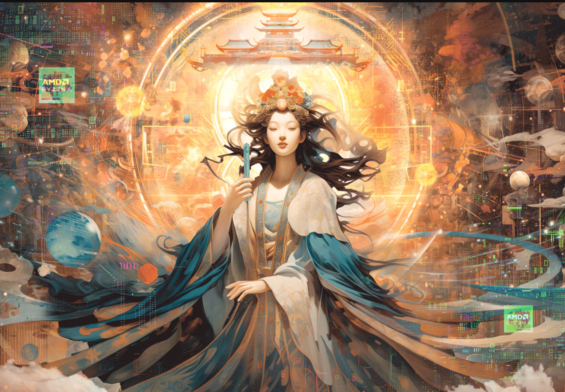Taoism (also spelled Daoism) is a religion and a philosophy from ancient China that has influenced folk and national beliefs. Taoism has been connected to the philosopher Lao Tzu, who, around 500 B.C.E., wrote the main book of Taoism, the Tao Te Ching. Taoism holds that humans and animals should live in balance with the Tao or the universe. Taoists believe in spiritual immortality, where the spirit of the body joins the universe after death.

The Tao Te Ching, or “The Way and Its Power,” is a collection of poetry and sayings from around the third and fourth centuries B.C.E. that guides Taoist thought and actions. The author is traditionally believed to be the philosopher Lao Tzu; however, because these events occurred before the historical record, it is unclear how accurate this credit is. Some people believe that the Tao Te Ching is a compilation of earlier sayings from many authors and suggest that cultural and political reasons underlie the attribution of the book to Lao Tzu. Regardless, Lao Tzu is often understood as the image of the Tao, or a god, and given legendary status.

The Tao (or Dao) is hard to define but is sometimes understood as the way of the universe. Taoism teaches that all living creatures ought to live in a state of harmony with the universe and the energy found in it. Ch’i, or qi, is the energy present in and guiding everything in the universe. The Tao Te Ching and other Taoist books provide guidelines for behavior and spiritual ways to live in harmony with this energy. However, Taoists do not believe in this energy as a god. Rather, there are gods as part of the Taoist beliefs, often introduced from the various cultures found in the region known now as China. Like all living things, these gods are part of the Tao. Taoist temples, monasteries and priests make offerings, meditate and perform other rituals for their communities.
One of the main ideas of Taoism is the belief in balancing forces of yin and yang. These ideas represent matching pairs — light and dark, hot and cold, action and inaction — which work together toward a universal whole. Yin and yang show that everything in the universe is connected and that nothing makes sense by itself.

《道德经》一章: 道,可道,非恒道。名,可名,非恒名。无名,天地之始;有名,万物之母。故常无欲,以观其妙;常有欲,以观其徼。此两者同出而异名,同谓之玄。玄之又玄,众妙之门。
Chapter One:
The Tao that can be told of Is not the Absolute Tao;The Names that can be givenAre not Absolute Names.The Nameless is the origin of Heaven and Earth;The Named is the Mother of All Things.Therefore:Oftentimes, one strips oneself of passionIn order to see the Secret of Life;Oftentimes, one regards life with passion,In order to see its manifest forms.These two (the Secret and its manifestations)Are (in their nature) the same;They are given different namesWhen they become manifest.They may both be called the Cosmic Mystery:Reaching from the Mystery into the Deeper MysteryIs the Gate to the Secret of All Life.
二章: 天下皆知美之为美,斯恶已;皆知善之为善,斯不善矣。有无相生,难易相成,长短相形,高下相盈,音声相和,前后相随,恒也。是以圣人处无为之事,行不言之教,万物作而弗始,生而弗有,为而弗恃,功成而弗居。夫唯弗居,是以不去。
Chapter Two:
When the people of the Earth all know beauty as beauty, There arises (the recognition of) ugliness.When the people of the Earth all know the good as good, There arises (the recognition of) evil. Therefore:Being and non-being interdepend in growth; Difficult and easy interdepend in completion; Long and short interdepend in contrast; High and low interdepend in position; Tones and voice interdepend in harmony;Front and behind interdepend in company.Therefore the Sage: Manages affairs without action and preaches the doctrine without words;All things take their rise, but he does not turn away from them;
He gives them life, but does not take possession of them;He acts, but does not appropriate; Accomplishes, but claims no credit.It is because he lays claim to no credit the credit cannot be taken away from him.
References:




